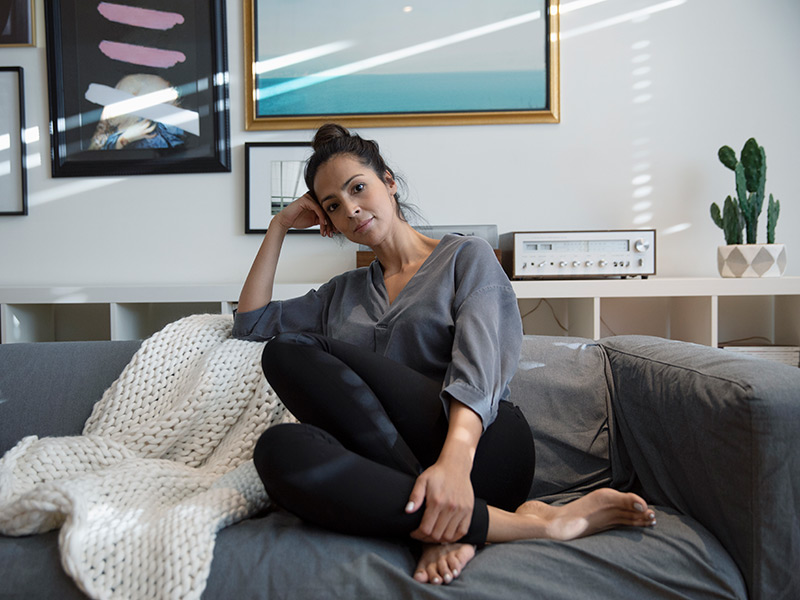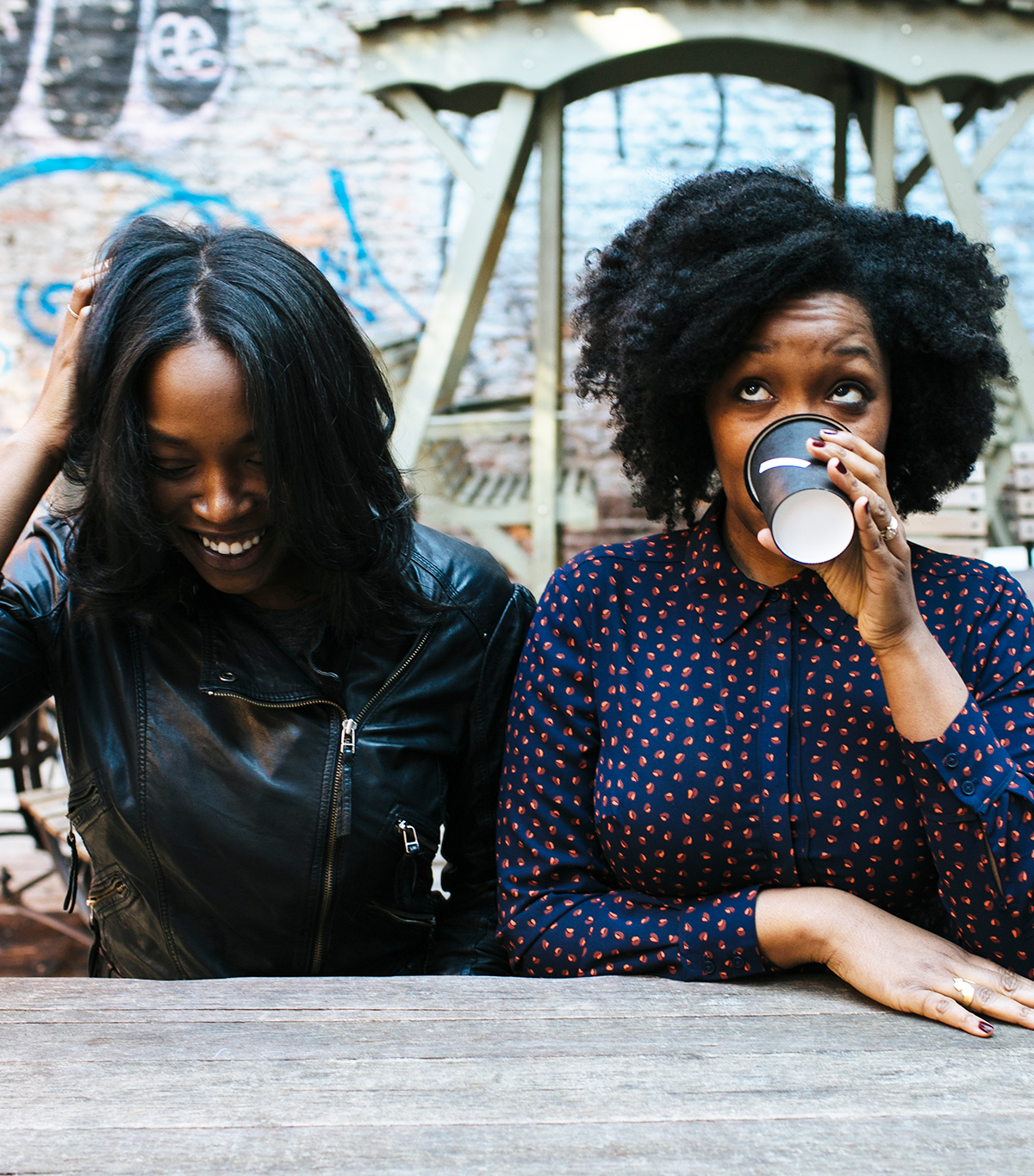Our State of Mind: 13 Important Statistics About Millennials and Mental Health


As a 20-something who has primarily come of age in the nation's two most populous cities, I feel that the complexities of mental health have dominated my personal experience—as well as the conversations I share with my friends. I bring up my location because studies show that conditions like depression and anxiety tend to see a higher occurrence in urban areas; I bring up my age because millennials are reporting these conditions at a higher rate than any generation before. Even if it doesn't necessarily mean that we're suffering any more than our older counterparts, the point is that we're talking about it—and in turn chipping away at stigmas that have existed virtually forever.

I see this in my daily interactions with my peers. We're open with each other about anxiety and mood disorders. I have spoken at length with one of my dearest friends about our persistent impostor syndrome, which tends to be rampant among people our age—supporting each other through this inexplicable feeling of ineptitude is actually how we became so close. And I share an intense bond with so many women—too many women—over our history with eating disorders and the winding, never-ending road to recovery. It's a sisterhood, really, and I think that's probably because feeling seen and understood in this regard felt evasive for so long.
But this is just my experience—one of millions in a generation that has come to be defined by its relationship with mental health. Below, find some of the most telling statistics about millennials and mental health.

We've all heard the stereotype that millennials are lazy and entitled, but research says otherwise: A 2017 study found that perfectionism is more prevalent than ever. This is important to note because a lot of research connects perfectionism with anxiety, depression, and obsessive-compulsive disorder.
After compiling data from those seeking its employee assistance services, firm Bensinger, Dupont Associates revealed in a widely cited study that millennials were reporting depression in the workplace more than any other generation—one in five, or 20%. (Baby boomers and generation X both hovered around 16%.)
The rise of social media is definitely a significant factor, by the way. According to the Pew Research Institute, 88% of 18- to 29-year-olds are on some kind of social media network, if not multiple. A majority report visiting Instagram every single day, and 38% report visiting the app multiple times per day. Scientists have found that simply getting a "like" triggers a dopamine bump—which ultimately triggers an addiction cycle not unlike drugs.

But there are a lot of positives, too.
On that note, scientists have found a linear association between social media platforms and both anxiety and depression. (The more platforms you use, the more you're at risk to experience these conditions.)
A survey published earlier this year by the American Psychiatry Association found that millennials are by and large the most anxious generation. Women reported higher anxiety than men, and people of color scored 11 points higher on the anxiety scale than Caucasians.
The same survey found that three-quarters of millennials felt somewhat or extremely anxious about paying their bills.
Research finds that black Americans are 20% more likely to experience mental health conditions than the general population, but sadly, a variety of factors prevent proper treatment: 25% seek professional help, compared to 40% of whites with mental health conditions, due to stigma, distrust, and socioeconomic factors.
In general, seeking help is seen as a privilege and, often, prohibitively expensive. In a survey of 900 millennials conducted by American University in 2015, nearly half said that they do not believe that people their age know where to go for mental health care—and more than half cited the "cost of help" as a primary challenge.

Namely that we're actively fighting those stigmas. In a survey of 900 millennials conducted by American University in 2015, 85% said that they would have no problem making friends or working with someone with a mental illness.
In the same survey, more than 60% said they would date someone with a mental illness.
While less than half would be willing to admit it to their friends, more than 70% of millennials would be comfortable visiting a counselor or a therapist.
More than 50% of respondents said they would vote for someone with a mental illness.
And perhaps most significantly, about 75% of millennials say they are open to discussing mental health topics. Which brings me back to the conversations I have with my friends on a regular basis: Even though many of us openly struggle with some of these conditions, we at least know that we have each other, without judgment.
If you're struggling with mental illness or any kind of mental health condition, visit the National Alliance on Mental Illness to learn how you can find some support.
Next up: This Daily Habit Can Help With Sleep, Anxiety, and Stress
This post has been updated by Sarah Yang
This article is provided for informational purposes only and is not intended to be used in the place of advice of your physician or other medical professionals. You should always consult with your doctor or healthcare provider first with any health-related questions.
